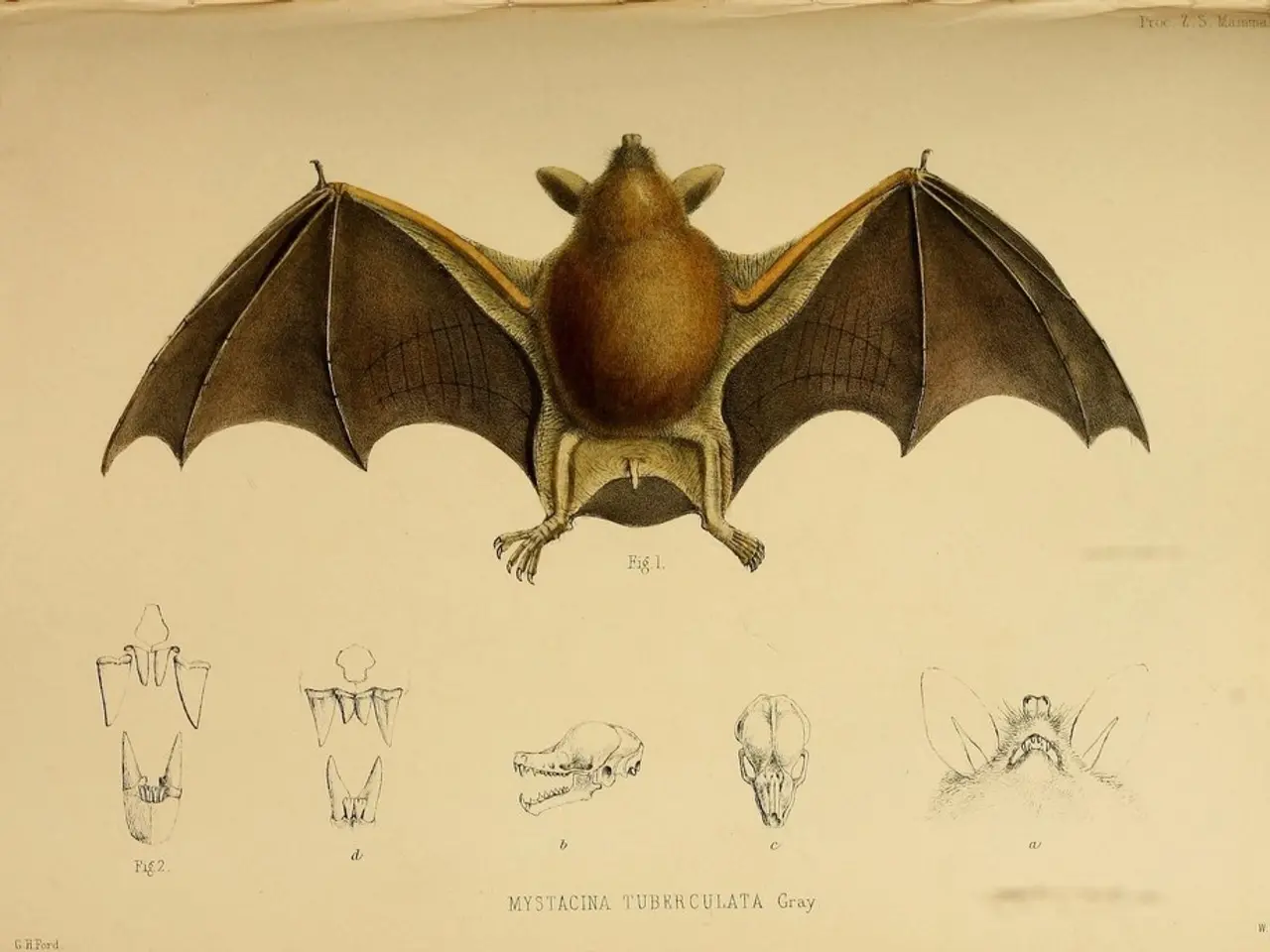Project "Battery Circularity" Centers on the Advancement of Brazil's Electric Vehicle Sector
In a significant stride towards sustainable mobility, Brazil is witnessing a surge in electric vehicle (EV) development and battery production. This transformation is being driven by various companies and initiatives, aiming to establish a circular economy and mitigate environmental impacts.
Leading the charge is BYD, a Chinese multinational company, which has secured a large lithium deposit in Minas Gerais. This move ensures a self-sufficient supply chain for EV batteries, a crucial step in the production of electric cars. BYD has already set up a plant in Camacari for EV production, with another in Manaus dedicated to assembling batteries for buses. By December 2026, BYD plans to start production of EV batteries in a factory in Camaçari, with advanced developments in their Blade Battery and charging technologies.
Senator Jaques Wagner has introduced Bill 2,132/2025 to establish guidelines for the reuse, recycling, and traceability of batteries in electric and hybrid vehicles. The national policy, once enacted, will impact the entire lifecycle of EV batteries, influencing the production chain and overall costs of the automotive industry.
The Brazilian market for electric vehicles is significant enough to justify local battery production. Companies like BorgWarner and WEG are investing heavily in this sector. BorgWarner has established a plant in Piracicaba for producing battery platforms for EVs, while WEG has announced an investment of R$ 1.8 billion to produce batteries for EVs in Brazil.
Marcopolo, the Brazilian bus body manufacturer, is exploring the possibility of integrating local battery solutions in its vehicles. Volkswagen Caminhões e Ônibus has developed battery technology that replaces graphite with niobium, reducing battery size and improving safety.
The recycling of EV batteries is not only environmentally friendly but also cost-effective. It is cheaper to recycle EV batteries and recover materials than to produce new ones. After their useful life, lithium batteries can be recycled by more than 94%, making them a valuable resource for the future.
The goal of these initiatives is to promote a circular economy and reduce greenhouse gas emissions in battery manufacturing, the dependence on virgin raw materials, and mitigate the risks of soil and water contamination. The Brazilian Electric Vehicle Association (ABVE) reported that Brazil registered 177,000 electric vehicles in 2024, an 80% increase from the previous year.
The expectation is for at least 30% of the Brazilian vehicle fleet to be electric and hybrid by 2035. To support this growth, Eduardo Munoz, CEO of Bravo Motor Company Brasil Energy, is working on the development of the first battery factory in Latin America.
Innovative battery technologies like cell-to-body (C2B) integration, which improves vehicle efficiency and safety, are also gaining traction. Brazil is enhancing local production capabilities to support such advancements, positioning itself as a key player in the global EV market.
Notably, Laura Gonçalves, the director general of Powerdot España, has taken over as president of the Association of Operators of Rapid Charging (AORU). The establishment of a new exclusive market intelligence platform called Mobility Portal Data offers reliable data and key reports to support smart decision-making across the automotive sector.
This electric vehicle revolution in Brazil is a testament to the country's commitment to sustainable mobility and a circular economy. As more companies invest in EV technology and battery production, we can expect to see further advancements in this exciting field.
Read also:
- Achieving Successful Bonsai Grafting: Selecting the Appropriate Scion and Rootstock for Harmony
- European consumers are on the brink of experiencing a significant leap forward in electric vehicle (EV) charging technology, as Chinese automaker BYD prepares to unveil its innovative advancements.
- Recycling Business Transforms Steel and Aluminum Scrap into Reusable Materials
- Munich Airport unveils the largest electric vehicle charging station in the region of Bavaria








